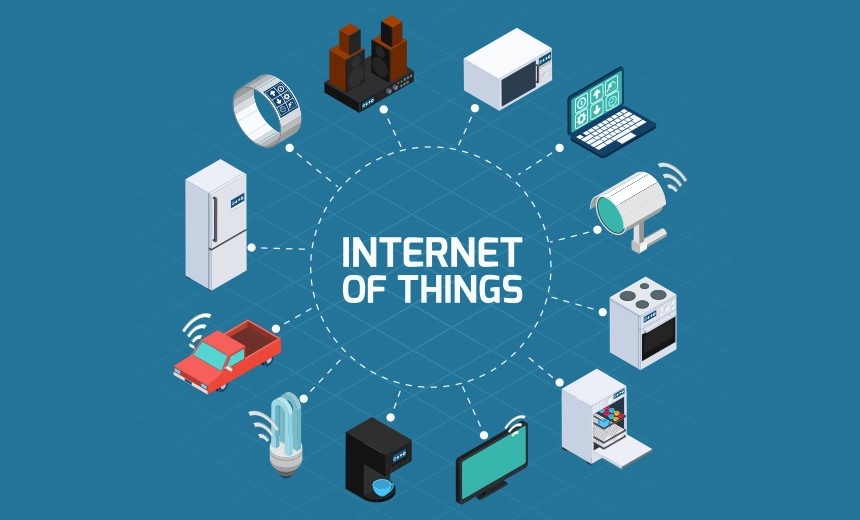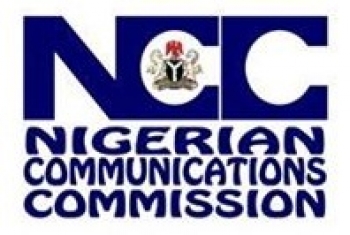Preparing Nigeria for next-gen tech resolution
The Nigerian Communication Commission, NCC in collaboration with the Global System for Mobile Communications Association (GSMA) in the fourth quarter of 2018, held a workshop to examine the prospects and challenges of Next-Generation Networks (NGN) such as the Internet of Things (IoT), 5G, Artificial Intelligence (AI), Big Data, among others, in the nation’s telecoms industry.
The workshop, according to Danbatta was “to provide an avenue for regulators, operators and investors as well as other stakeholders to examine and constructively exchange ideas on the main demand areas for next generation of services, spectrum licensing reforms and the requirements for 5G and other emerging technologies that are to revolutionise the telecom system and users.” The workshop, thus, formed the precursor to the country’s preparedness for the impending deployment of 5G technology, whose commercial deployment on a large-scale and global level is expected to commence fully by 2020.
Consequently, in the last quarter of 2019, the Commission, in its proactive regulatory approach, mid-wifed the trial of Fifth Generation (5G) technology in Nigeria. This made NCC the first telecoms regulator in the whole of West Africa to begin such a historic trial towards unleashing greater digital revolution in the country. Today, 5G trials had been successfully conducted in major cities including Abuja, Calabar and Lagos with MTN being the first operator to carry out the trial. Through 5G network deployment, Nigerian will have access to faster broadband speed on their network. This will result in more efficiency in the course of carrying out their personal and official activities.
Accordingly, the InfraCo framework will provide the needed robust broadband infrastructure upon which the 5G services will ride, thereby impacting e-learning, tele-medicine, e-agriculture, e-health, e-commerce and so on, in terms of speed, latency and more applications that can be made possible when 5G is pervasively deployed by operators in the country. In addition to this, the Commission has projected greater prospects for accelerating digital transformation in Nigeria, through making the country a truly knowledge and digital economy.
Parts of these include the determination of the Commission to ensure that all new base transceiver stations (BTS) to be built by mobile network operators (MNOs) are LTE-compatible; ensure the implementation of the harmonised Right of Way (RoW) charges on state and federal government highways at the cost of N145 per linear meter; ensure elimination of multiple taxation and regulations; facilitate spread of 3G coverage to, al least, 80 per cent of the Nigerian population over the current 56.4 per cent of the population covered with 3G networks.
Other projections by the Commission towards deepening digital transformation include regulatory commitment to ensure operators upgrade their 2G BTSs to 3G; ensure spread of the impending 5G to, at least, five per cent of the population; determination to ensure spread of 4G/LTE services to 100 per cent of the population with a minimum broadband speed of 1.5 megabit per second (Mbps); and finally deployment of, at least, one (1) Access Point of fiber with a 10 gigabyte per second (Gbps) capacity in all the 774 local government areas, among others.


Fri, Jan 17, 2020.
by Simeon Ademide